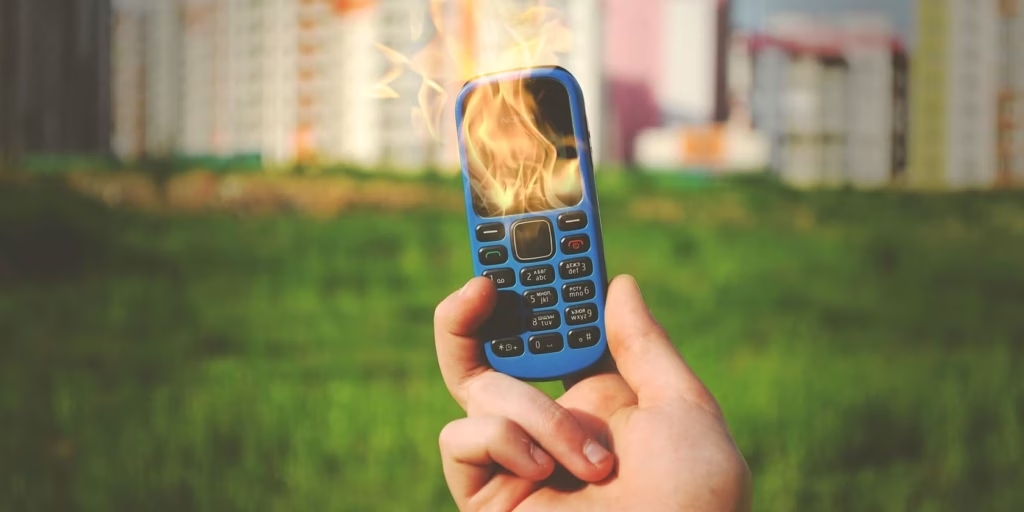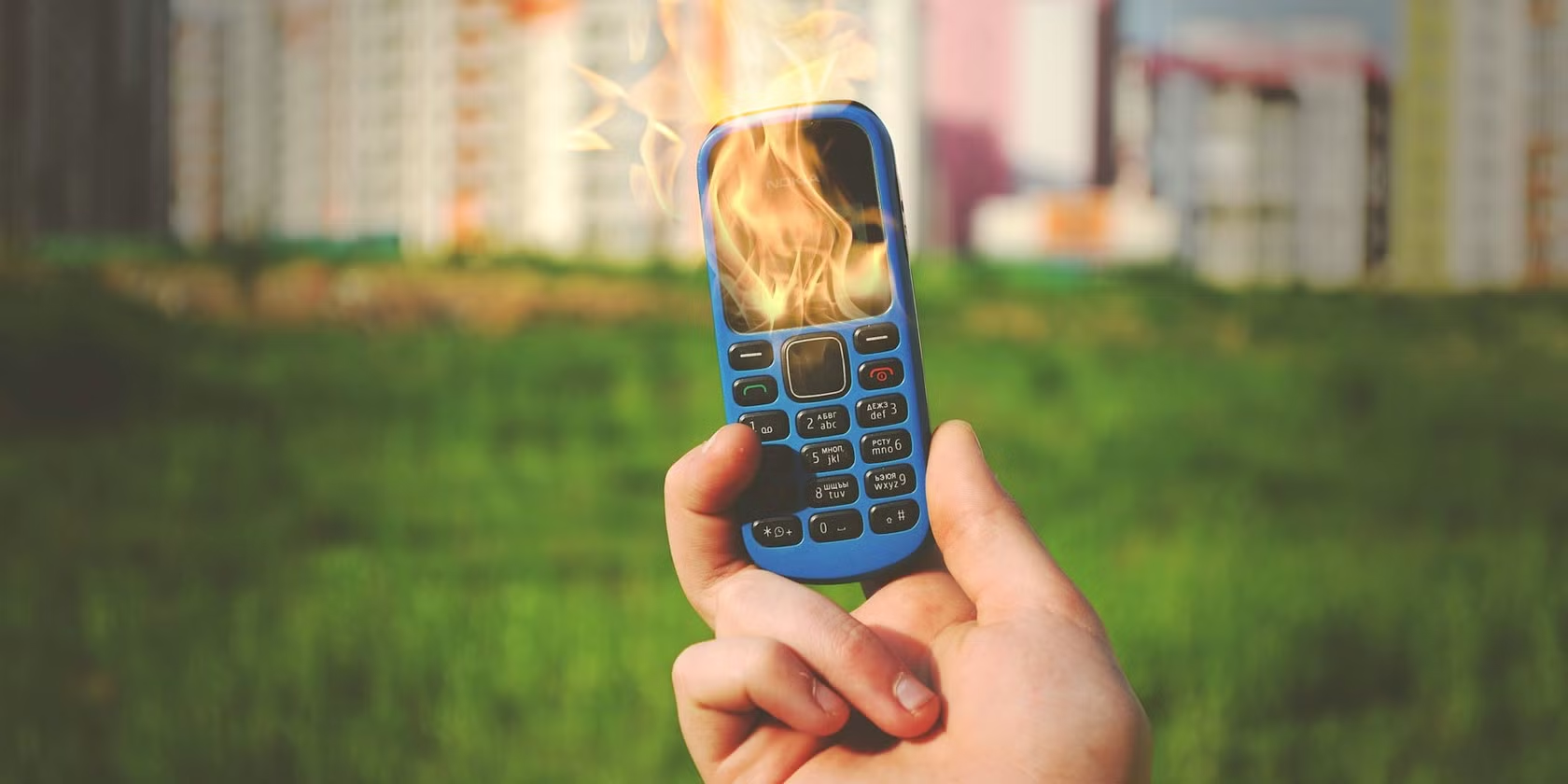
Using a prepaid feature phone alongside your brand-new iPhone 16 might raise eyebrows among friends and colleagues. However, this approach has significant advantages when it comes to protecting your privacy.
Feature phones offer enhanced privacy compared to smartphones due to their limited functionality. With a feature phone:
- Your photo snaps won’t have metadata injected into them.
- There’s no trackable IP address.
- Apps aren’t silently communicating with remote servers in the background.
A major advantage is two-factor authentication (2FA). You can use a prepaid number for 2FA, safeguarding your main phone number from being shared widely. This keeps your personal number private and reduces the risks associated with data breaches.
Location tracking is another concern. Smartphones, being powerful handheld PCs, are easily assignable with an IP address. While you can use tools like VPNs to mask your IP, a feature phone naturally eliminates this exposure.
While feature phones provide a simpler and more private alternative to smartphones, they are not entirely untraceable. Information can still be retrieved from them through a Customer Service Record (CSR), which carriers maintain. This record can include details such as call logs, text messages, and even cell tower data, allowing authorities to trace a device’s movements and communications. It’s important to recognize that while a feature phone reduces your digital footprint, it doesn’t guarantee complete anonymity.
In essence, opting for a prepaid feature phone can help reduce your digital footprint and protect your privacy. It’s a simple yet effective solution for those seeking greater control over their personal data while remaining mindful of its limitations.
